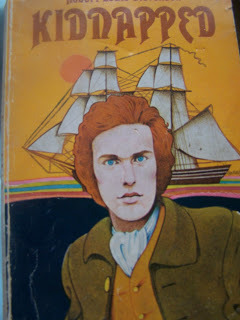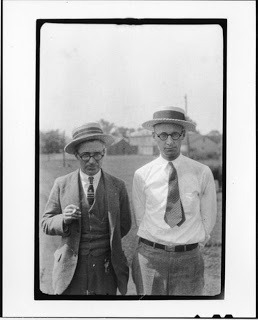Back to Basics-Dialog I
 I read a lot of manuscripts as part of my writing life. Some are stand outs; others beg for re-writing. Each time I come to a story I hope it will carry me into the world the author intended me to enter and keep me there, enthralled, entertained, totally involved until the climax. I love it when I slow my reading to savor those final pages, not wanting to leave the characters. That's good writing.
I read a lot of manuscripts as part of my writing life. Some are stand outs; others beg for re-writing. Each time I come to a story I hope it will carry me into the world the author intended me to enter and keep me there, enthralled, entertained, totally involved until the climax. I love it when I slow my reading to savor those final pages, not wanting to leave the characters. That's good writing.So what makes a story pull you in and keep you there? So many things: good narrative, excellent description and powerful dialog. Then there's pacing, style, the sound of the language you hear as you read. So much comes together to create those masterful stories.

Today a lot of focus is on dialog--the immediate scene that TV and films have conditioned us to enjoy rather than the slow meander of the author's narration or description. And yet, a lot of dialog misses the mark in manuscripts I read.
Since I've been asked to do some workshops for young readers this year, I've been going back to review what skilled writers and editors have to say about crafting dialog. This week I thought I'd start a short series of posts and share some of what I'm pulling together for those workshops.
I'm going to start by having kids read different short exchanges aloud. Then I'm going to ask them to rate each one as boring or interesting. See what you think about these two exchanges.

What's the difference between them?
"Hi, Mervyn, how's it going?"
"Hi, Jake. It's great. What about you?"
"Oh, I'm great, Mervyn."
"Glad to hear it."
 "Hi, Mervyn, how's it going?"
"Hi, Mervyn, how's it going?""How do you think it's going?"
"What are you pissed at me for?"
"Right. Like you don't know."
The best answer is that the first exchange is conversation; the second is dialog. So why?
Besides saying that the first exchange is totally boring, let's be specific.
*It repeats names and words.
*It doesn't make us curious about who the character are or their relationship to each other. In other words it doesn't develop character.
*It doesn't create any conflict--doesn't make us wonder what the story is behind the exchange--probably because there isn't one--no plot here.
In the second exchange we immediately know Mervyn is angry and that Jake either doesn't know why or is playing dumb. As readers we want to know what's behind this anger, where the conflict stems from, where it might be headed. That means we'll keep reading.
Next week I should have more to say about dialog. I hope you'll jump in and tell us what you know about this critical piece of the literary pie.
Sliding on the Edge, C. Lee McKenzie, WestSide Books, Spring '09
Published on January 27, 2011 08:27
No comments have been added yet.



